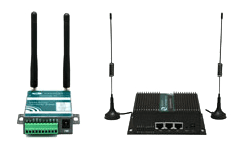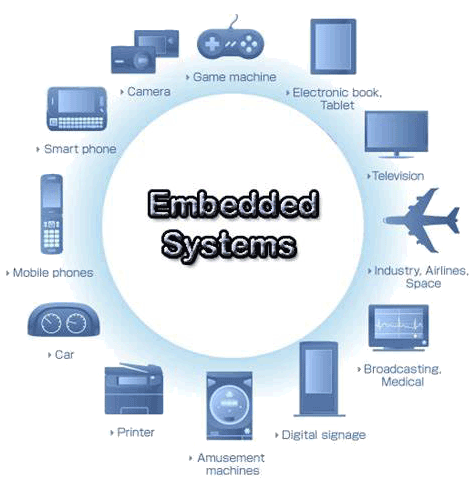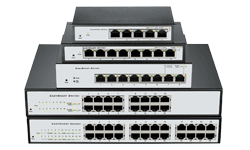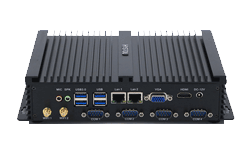Features of the industrial 4G router
Oct 14,2019 | Views: 489
4g industrial router has widely used in the Internet of things industry chain of M2M industry, such as smart grid, smart transportation, intelligent household, finance, mobile POS terminals, supply chain automation, industrial automation, intelligent buildings, fire control, public security, environmental protection, meteorology, digital medical treatment, remote sensing survey, agriculture, forestry, water, coal, petrochemical and other fields. What are the features of the industrial 4G router?
1. Equipment stability. The stability of industrial equipment ranks first, especially in the unattended environment installed in the wild. Once the equipment fails, maintenance is quite difficult, and labor and time can not be spent.
2. Data security. Nowadays, more and more attention has been paid to data security. Industrial-grade 4g routers are not only responsible for transmitting data to the background, but also for ensuring the security of data transmission.
3. Diversity of interfaces. Industrial grade 4g router not only supports 4G3G2G, but also supports wi-fi, Ethernet, serial port RS485, RS232 and RS422, which can meet various applications.
4. Support serial port dual-channel independent and simultaneous communication, which can be connected to RS232, RS485 and Ethernet, giving full play to the potential of industrial-grade 4g modem routers.
5. Support 433M wireless gateway. The wireless 433M gateway can access the wireless 433M terminal and transmit the collected data to the background server through 4G. Industrial grade 4 router (model HJ8200) not only supports 4G router function, but also can work as wireless 433M gateway, realizing 433M wireless terminal product centralized management and data remote collection.
6. Functional extensibility. Industrial 4G router built-in compilation system, support secondary development, support C, C++, python, PHP language development, achieve protocol customization, facilitate users to do some personalized applications.
7. Support GPS. Some users have installed industrial-grade 4G routers on mobile vehicles that require the device to be located.
8. The network is eager to change. Some users use Ethernet, wi-fi, 4G environment, on the one hand to ensure that the data is not lost, while access to wired and wireless 4G network; On the other hand, you want to save traffic costs. Industrial-grade 4g router supports network eager replacement. In the case of continuous network, wired network is preferred to save 4g traffic cost.
9. Support full netcom, telecom, mobile, unicom 4G3G2G, no need to worry about SIM compatibility.
10. Support PLC remote monitoring, PLC remote debugging, PLC remote control, PLC remote download.
Prev: Industrial 4g WiFi Router H820
Next: Advantages of using 4G router with sim slot
1. Equipment stability. The stability of industrial equipment ranks first, especially in the unattended environment installed in the wild. Once the equipment fails, maintenance is quite difficult, and labor and time can not be spent.
2. Data security. Nowadays, more and more attention has been paid to data security. Industrial-grade 4g routers are not only responsible for transmitting data to the background, but also for ensuring the security of data transmission.
3. Diversity of interfaces. Industrial grade 4g router not only supports 4G3G2G, but also supports wi-fi, Ethernet, serial port RS485, RS232 and RS422, which can meet various applications.
4. Support serial port dual-channel independent and simultaneous communication, which can be connected to RS232, RS485 and Ethernet, giving full play to the potential of industrial-grade 4g modem routers.
5. Support 433M wireless gateway. The wireless 433M gateway can access the wireless 433M terminal and transmit the collected data to the background server through 4G. Industrial grade 4 router (model HJ8200) not only supports 4G router function, but also can work as wireless 433M gateway, realizing 433M wireless terminal product centralized management and data remote collection.
6. Functional extensibility. Industrial 4G router built-in compilation system, support secondary development, support C, C++, python, PHP language development, achieve protocol customization, facilitate users to do some personalized applications.
7. Support GPS. Some users have installed industrial-grade 4G routers on mobile vehicles that require the device to be located.
8. The network is eager to change. Some users use Ethernet, wi-fi, 4G environment, on the one hand to ensure that the data is not lost, while access to wired and wireless 4G network; On the other hand, you want to save traffic costs. Industrial-grade 4g router supports network eager replacement. In the case of continuous network, wired network is preferred to save 4g traffic cost.
9. Support full netcom, telecom, mobile, unicom 4G3G2G, no need to worry about SIM compatibility.
10. Support PLC remote monitoring, PLC remote debugging, PLC remote control, PLC remote download.

 Networking
Networking EMBEDDED SYSTEMS
EMBEDDED SYSTEMS Switches
Switches Wireless Solutions
Wireless Solutions Industrial Computer
Industrial Computer Cloud Services
Cloud Services



